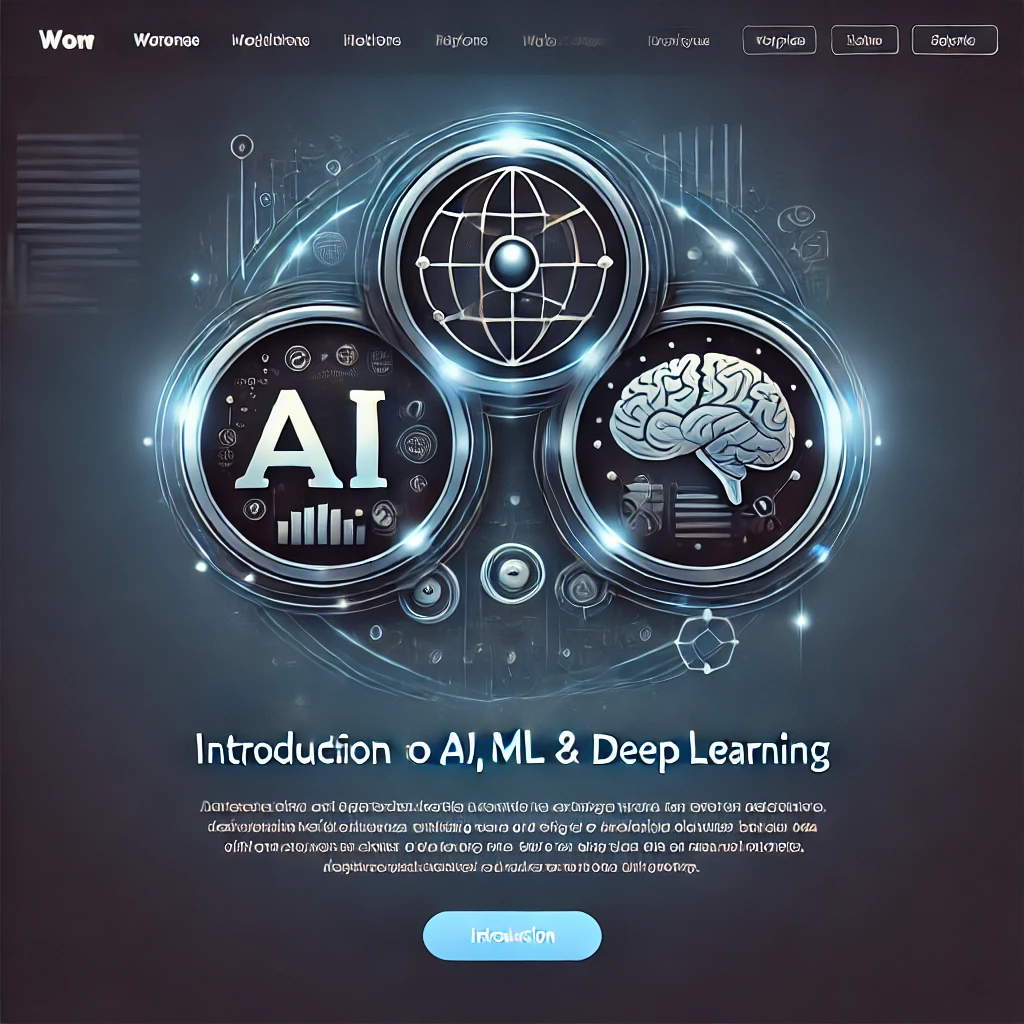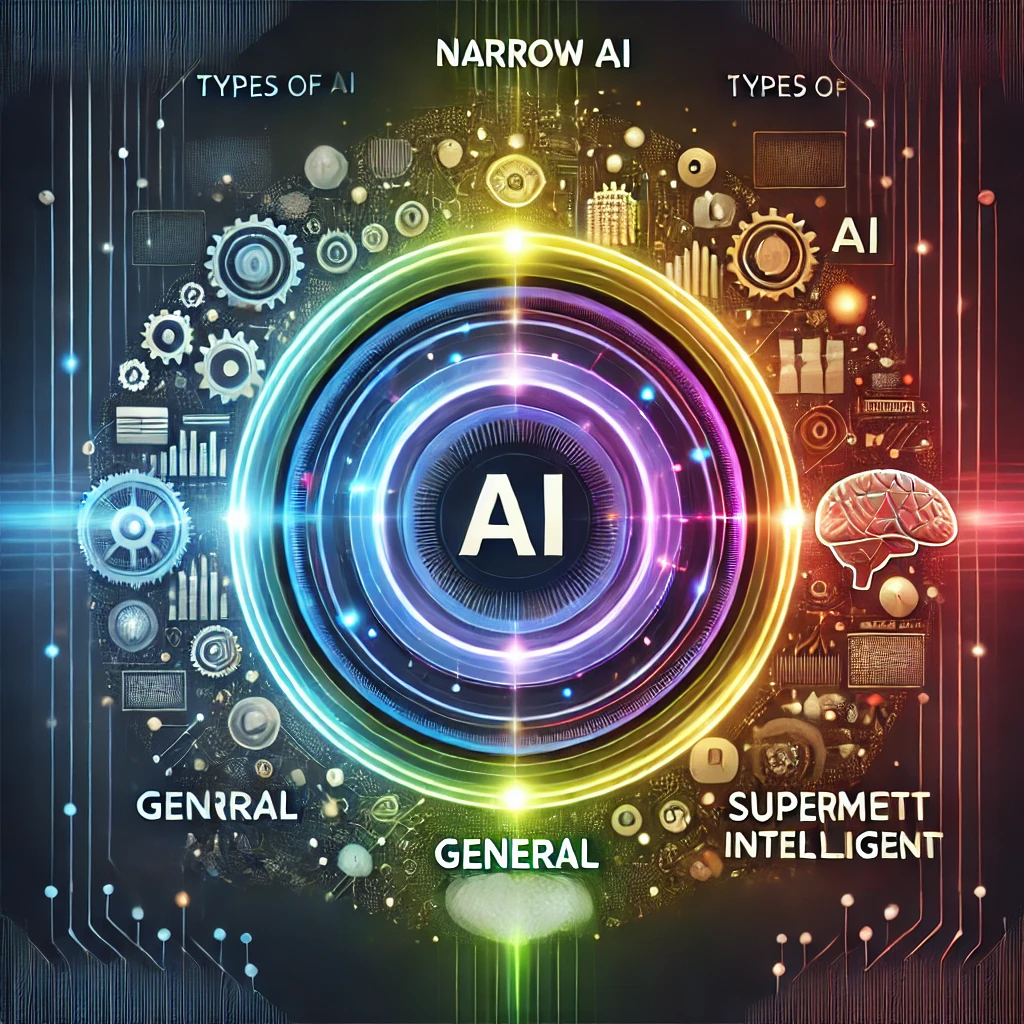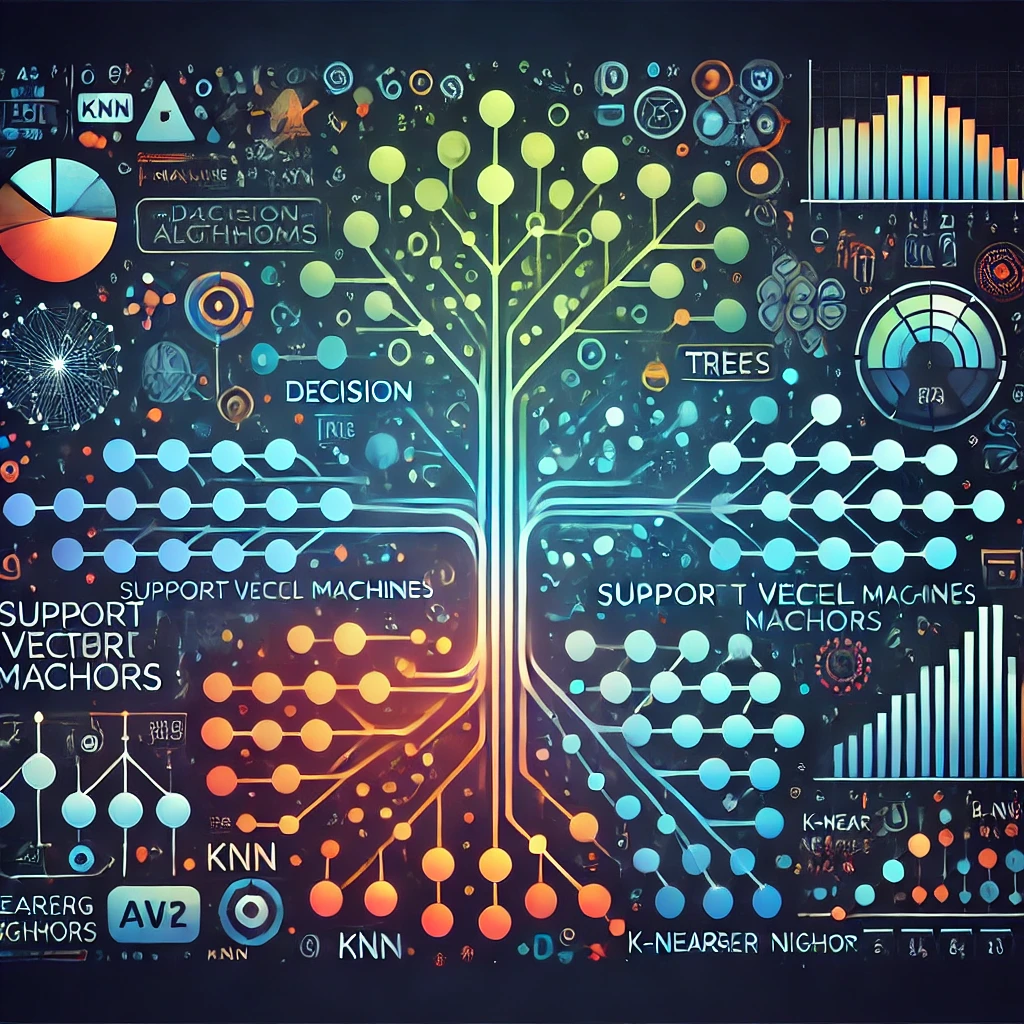As artificial intelligence (AI) increasingly influences our daily lives—from healthcare and finance to social media and hiring—understanding and addressing ethical concerns is crucial. AI has the potential to improve many aspects of society, but it also raises questions about bias in algorithms, data privacy, and the importance of responsible practices. This article explores the pressing issues in AI ethics, with a focus on the risks of algorithmic bias, the need for data privacy, and the importance of implementing responsible AI practices.
1. Bias in AI Algorithms: Identifying and Addressing Inequality
AI algorithms are designed to make decisions by analyzing large datasets. While this approach offers efficiency, it also introduces the potential for bias. Bias in AI can stem from the data used to train algorithms, the assumptions made during development, or historical inequalities encoded in the data.
- Sources of Bias: Algorithmic bias often arises from unrepresentative or skewed data. For example, if a healthcare AI system is trained on data from a specific demographic, it may not generalize well to other populations, leading to biased or inaccurate predictions.
- Examples of Algorithmic Bias: Facial recognition technology has been found to misidentify people of color more frequently than white individuals, largely due to training data that did not adequately represent diverse populations. Similarly, hiring algorithms can inadvertently favor certain profiles if the data reflects past hiring practices with inherent biases.
- Mitigating Bias: To reduce bias, it’s essential to use diverse and representative data and perform regular audits on AI models. Techniques like fairness constraints, bias detection algorithms, and adversarial debiasing can also be used to identify and mitigate bias in AI systems.
Implications: Algorithmic bias has far-reaching implications, potentially perpetuating societal inequalities. By actively seeking to identify and correct biases, developers can create fairer, more inclusive AI systems that benefit a broader range of people.
2. Data Privacy: Protecting Individuals in a Data-Driven World
Data privacy is a core issue in AI ethics. As AI systems rely heavily on personal data, ensuring that this data is handled responsibly is essential. Data privacy goes beyond mere compliance with regulations; it involves protecting individuals’ rights and maintaining public trust.
- Privacy Risks in AI: AI applications in health, finance, and social media often require vast amounts of sensitive information. Without robust privacy protections, this data can be vulnerable to breaches or misuse. Additionally, AI models can inadvertently reveal personal information, even if data is anonymized, through techniques like data re-identification.
- Regulatory Frameworks: Regulations like the General Data Protection Regulation (GDPR) and the California Consumer Privacy Act (CCPA) provide guidelines for data privacy. These frameworks emphasize transparency, user consent, and the right to access and delete personal data. Organizations developing AI must ensure compliance with these regulations to avoid legal and ethical risks.
- Privacy-Preserving Techniques: Techniques like differential privacy, federated learning, and data anonymization help protect user data while allowing AI models to learn from the information. These methods ensure that AI systems can perform well without compromising individuals’ privacy.
Implications: When data privacy is prioritized, AI systems can operate transparently and earn public trust. Privacy-preserving methods and compliance with data regulations ensure that AI contributes positively without infringing on individual rights.
3. Responsible AI Practices: Building Ethical AI Systems
Responsible AI practices involve not only addressing bias and privacy concerns but also ensuring that AI is used ethically across all stages of development and deployment. Responsible AI practices advocate for accountability, transparency, and fairness.
- Transparency and Explainability: AI systems are often criticized for being “black boxes” due to their complexity. Explainable AI aims to make these systems more interpretable, allowing users to understand how decisions are made. Techniques like model explainers and interpretability algorithms help clarify AI decision-making, which is especially important in fields like healthcare and law.
- Accountability and Oversight: Establishing accountability is crucial to maintaining ethical AI practices. Organizations should designate teams or individuals to oversee AI projects and assess potential risks. Many companies now have AI ethics boards or independent committees that monitor AI projects and address ethical concerns.
- Continuous Monitoring: Responsible AI is a continuous process. After deployment, AI systems should be monitored for unintended consequences, biases, or inaccuracies. Feedback loops can help identify areas of improvement and ensure that AI systems remain ethical and effective over time.
Implications: Adopting responsible AI practices helps build systems that are reliable, fair, and beneficial to society. Transparency and accountability encourage responsible use, fostering trust and reducing the risks associated with AI.
4. The Intersection of AI Ethics and Society
AI ethics is not limited to technological considerations; it has societal implications that impact communities and individuals. Ensuring ethical AI practices requires collaboration among developers, policymakers, businesses, and communities to create guidelines that protect individual rights and promote fair treatment.
- Community Involvement: Involving diverse communities in AI discussions helps identify and address ethical concerns that might otherwise be overlooked. Engaging with marginalized groups can provide insights into the unintended consequences of AI and help create more inclusive systems.
- Policy and Legislation: As AI advances, new laws are needed to protect individuals from potential risks. Policymakers play a vital role in setting standards for ethical AI, addressing issues like discrimination, privacy, and accountability.
- Public Awareness: Raising awareness about AI ethics helps individuals make informed decisions about the technology they use. As people become more knowledgeable about AI’s potential risks and benefits, they can advocate for responsible practices and demand transparency from AI providers.
Implications: AI ethics is a shared responsibility. With a collaborative approach, it’s possible to create AI systems that align with societal values, addressing concerns and protecting public interest.
Conclusion
AI has the power to transform society, but it must be developed and implemented responsibly. By understanding and addressing bias in algorithms, protecting data privacy, and establishing responsible AI practices, we can harness AI’s potential while minimizing its risks. As AI continues to shape our world, prioritizing ethical considerations will be essential in building a future where technology benefits all.




